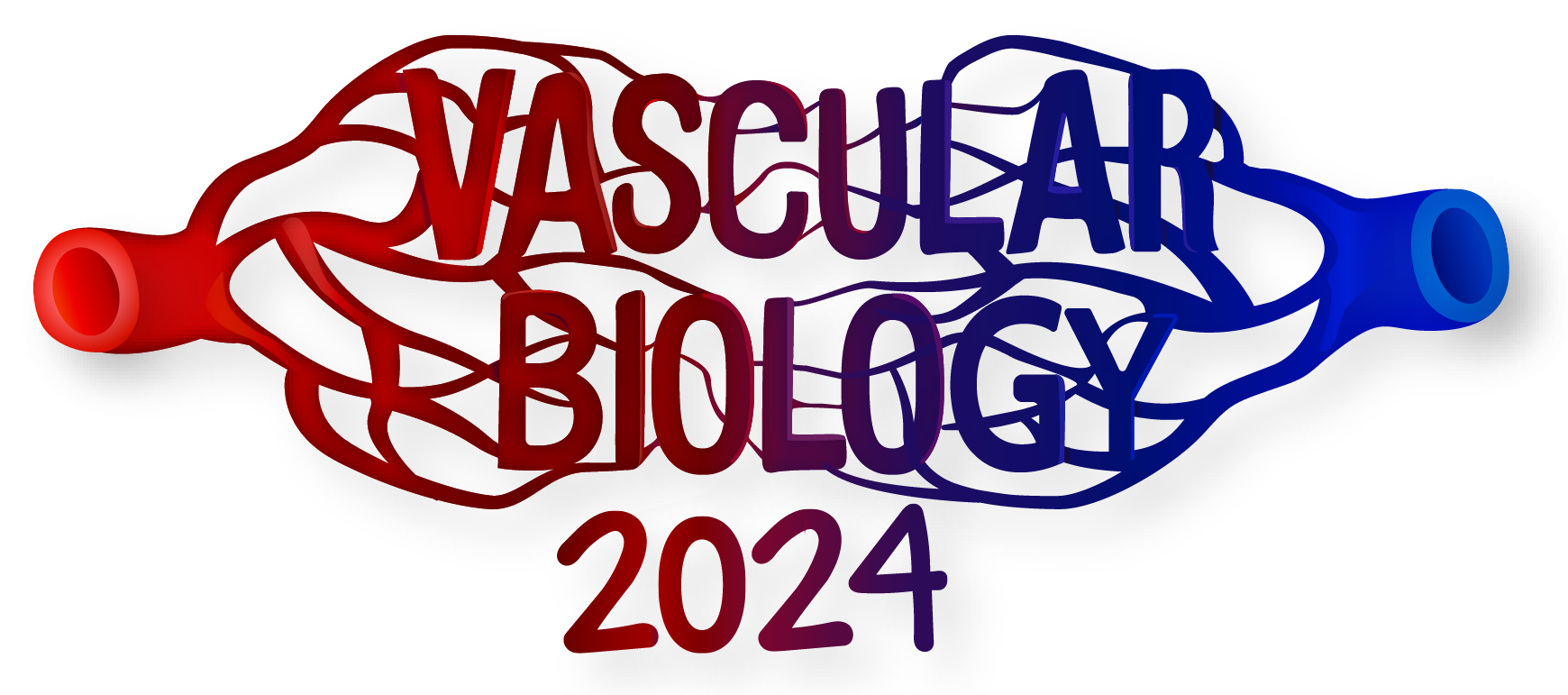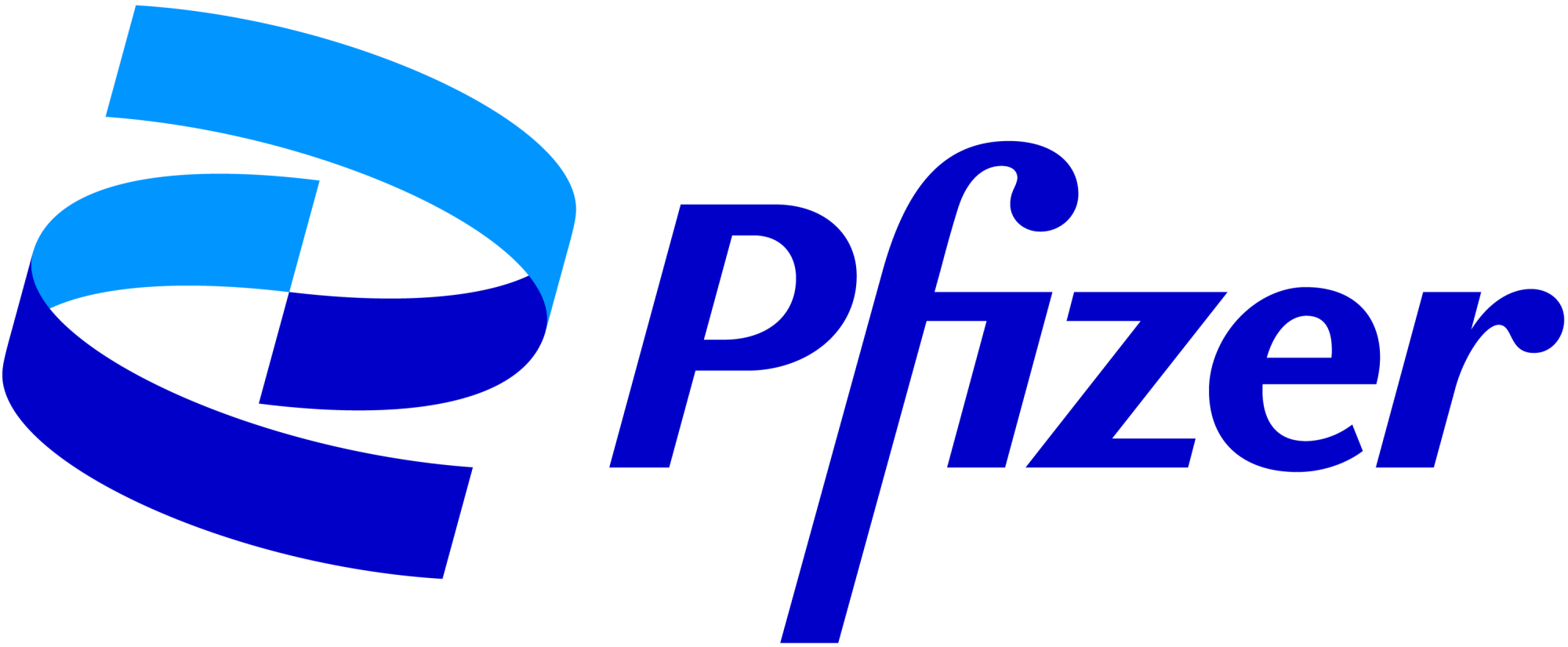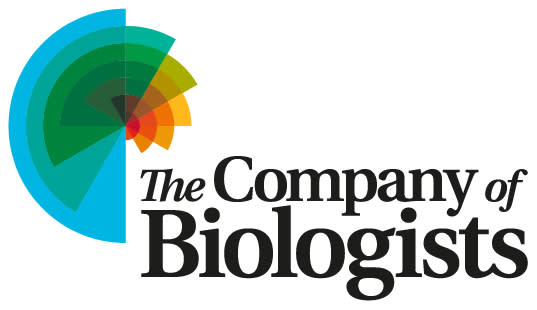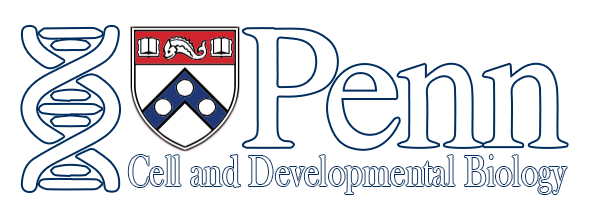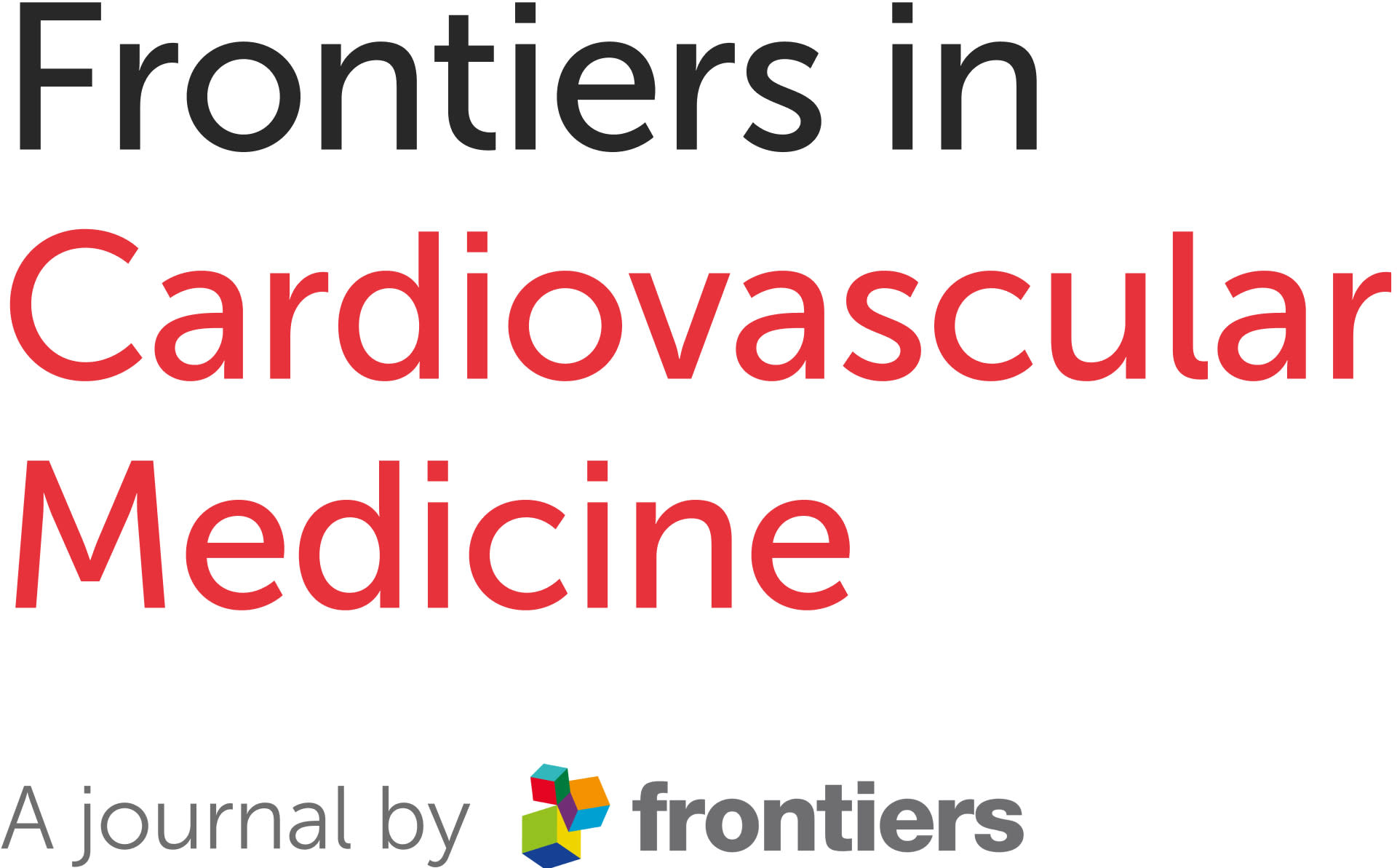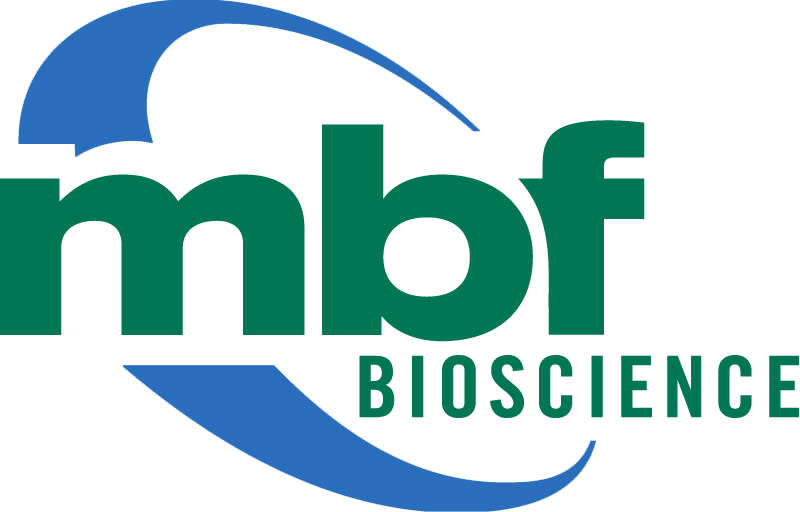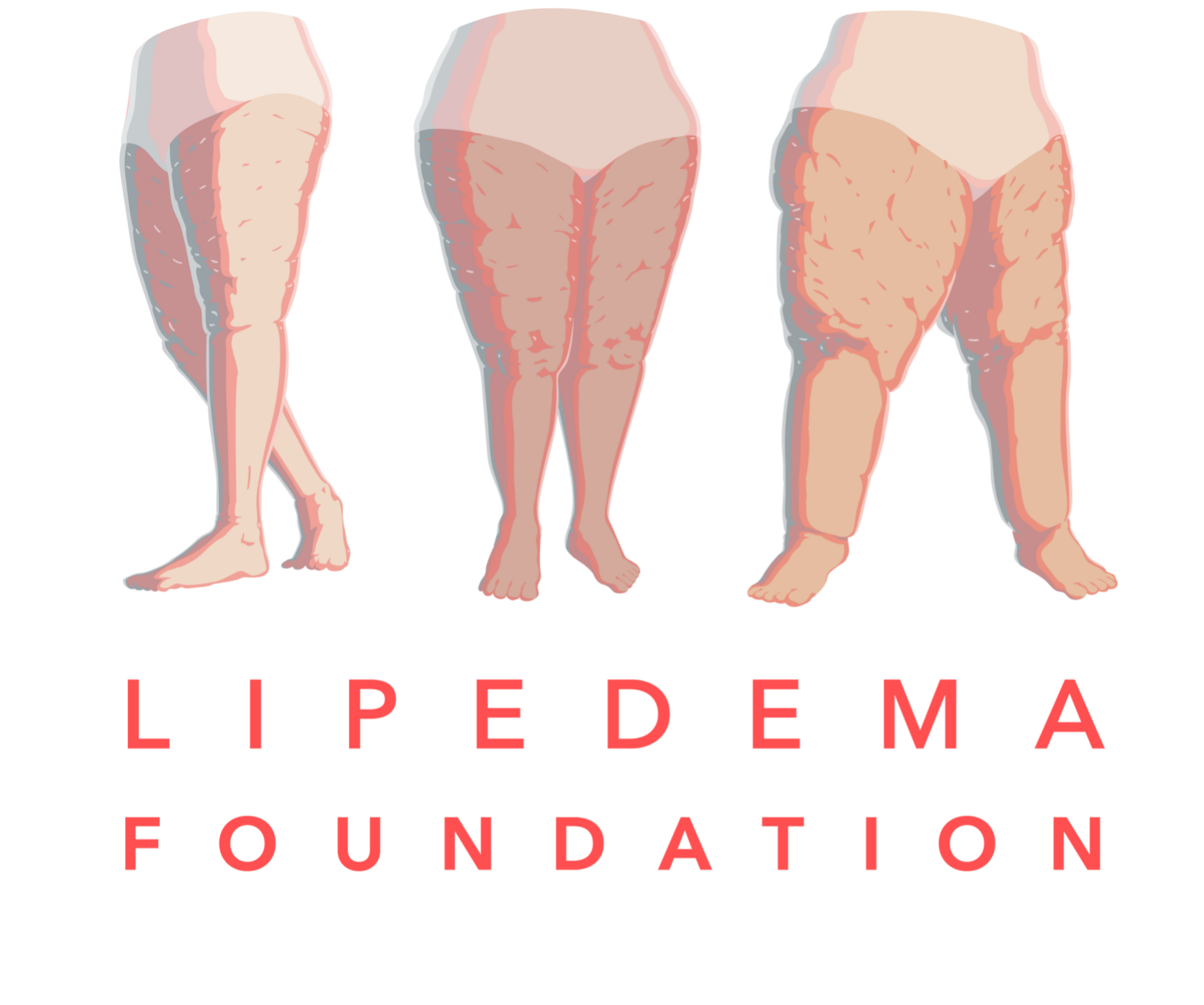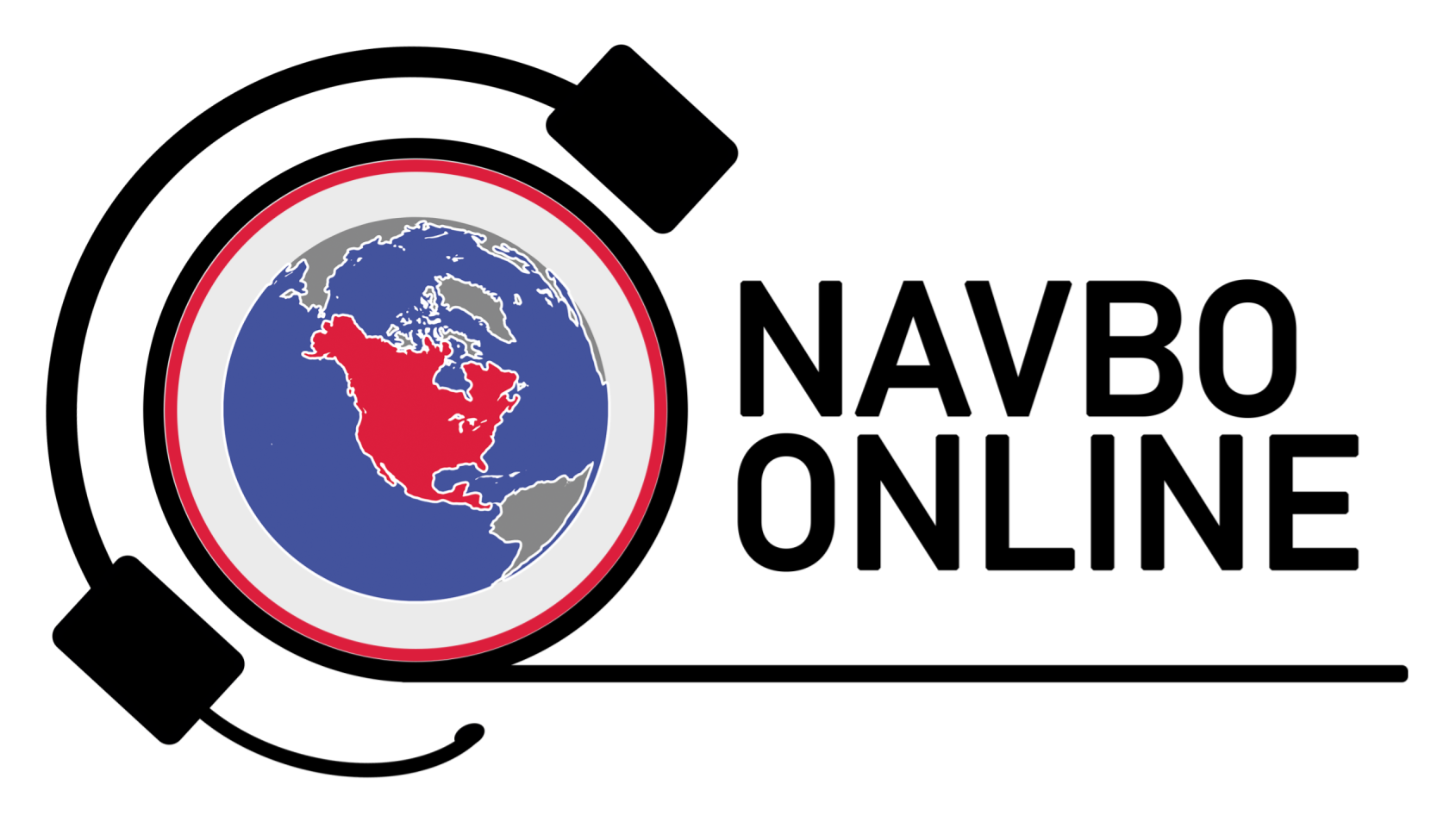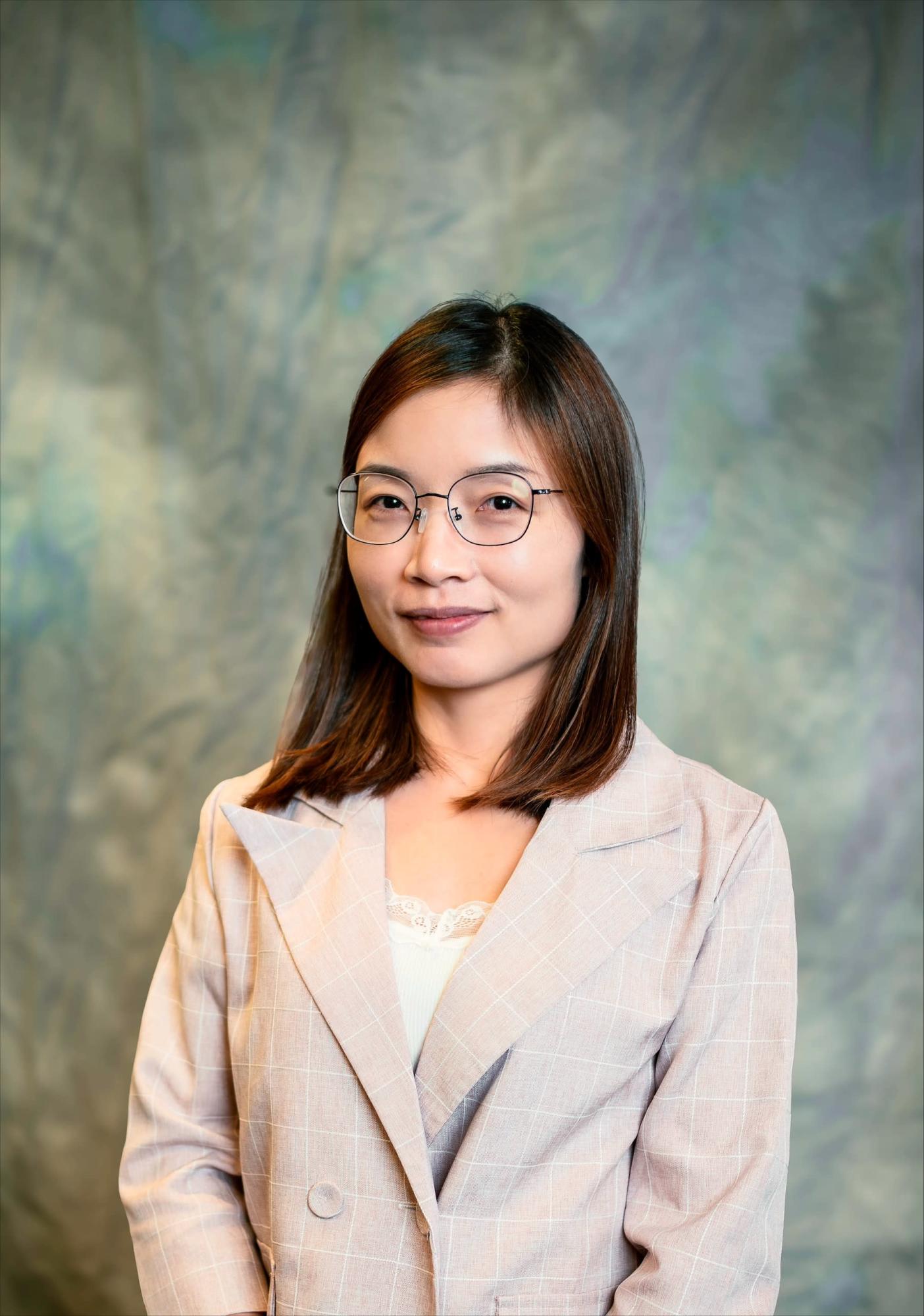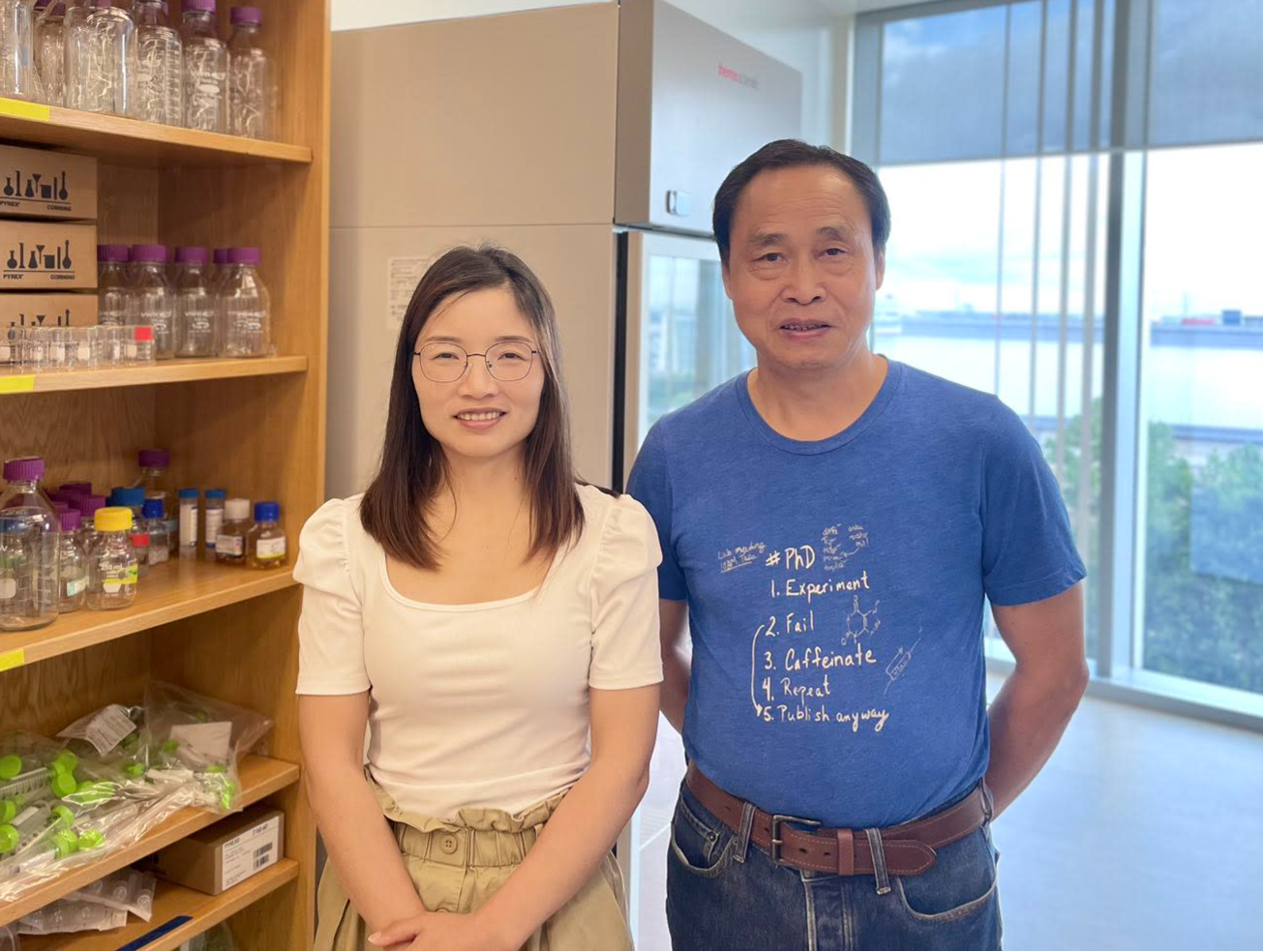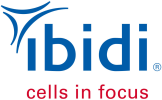|
|
|
|
October 2024 |
|
Online Registration Open Through October 18 |
|
Join us for Vascular Biology 2024!! October 20-24, 2024 at the Asilomar Conference Grounds in Monterey |
|
Vascular Biology 2024 will be cover the themes of Development and Genetics, Inflammation, Marix Biology and Bioengineering, Signaling and Microcirculation, with an additional general session on Vascular Malformations, co-sponsored by the Sturge-Weber Foundation, and a session on HHT sponsored by Cure HHT. The Microcirculatory Society is once again joining us and sponsoring several sessions including, Microvascular Changes During Pregnancy, which is the MCS President's symposium organized by Pooneh Bagher.
Sessions include: |
|
Cerebral Microvascular Function in Health and Disease |
|
Malformations Mechanisms of Blood Flow Regulation in the Microvasculature
|
|
Signaling in the Vasculature Vascular Cross Talk Metabolism |
|
Plan to arrive on Sunday, October 20 for the Keynote Lecture by William Sessa, the Benditt Award Lecture by Asrar Malik, and the Presentation of the Sabin Award to Manu Platt.
Trainees plan to attend the pre-conference meeting starting at 2:00pm on Sunday. Then plan to stay through the end, Thursday, October 24 at 1:00pm for our session on Metabolism.
In addition to our outstanding scientific sessions, we are sponsoring the Pre-conference Meeting for Trainees, two workshops on DEI, and two career development sessions. We'll have Nano-Talks, three nights of Poster Sessions with poster discussions lead by postdocs, and we're bringing back our Networking 101 session for those new to the meeting and/or NAVBO.
Online registration is open through October 18
The full program is on our web site - https://navbo.org/vb2024 |
|
Special Thanks to Vascular Biology 2024 Supporters |
|
Vascular Biology 2024 Exhibitors |
|
Vasculata 2026 Call for Proposals |
|
Consider hosting Vasculata, NAVBO’s intense 3-4 day summer course, at your institution. This year’s Vasculata will be at Tulane University (more details to come soon) and last year’s return to in-person was hosted at Duke University.
The goal of Vasculata is to provide an overview of contemporary vascular biology including background, current areas of interest and future directions for the discipline. Additionally, the meeting draws would-be vascular biologists to the field and promotes development of a peer network for early-stage investigators in the field. Graduate students, postdocs and undergraduate students are the key target audience, however, faculty level attendees from other fields who are seeking an overview of vascular biology often attend.
Vasculata is a key part of NAVBO’s educations mission and plays an important role in the recruitment of students into the field of vascular biology. The meeting is usually run on a low budget, reducing fundraising demands on organizers. Most of the speakers can be from your own University, or ones in the vicinity of the host state.
For more information about hosting Vasculata, click here to download the proposal form which outlines the process and describes how NAVBO will assist you. Feel free to call the NAVBO office at (301) 760-7745 if you have any questions. Proposals should be submitted by December 15, 2024. |
|
Call for Volunteers |
|
Online Program Committee The NAVBO Online Program Committee (OPC) is seeking four new members to join us. The OPC is responsible for organizing and presenting InFocus Sessions (once a month) and Symposia (once a month). The committee is comprised of two teams (one for InFocus Sessions and one for the symposia). Team members take turns being the lead organizer on a project with assistance from their team's other members. Those organizing the sessions can expect to spend an average of 7 hours a month; members assisting the organizer, about 3 hours. The Online Program Committee seeks postdocs, and graduate students in at least their third year. If you are interested, complete this form by December 1, 2024. |
|
|
|
|
NAVBO's next webinar (Thursday, November 7) on "A New CREdo: Beware of Visceral Myopathies in Conditional “VSMC” Knockouts," by Dr. Joseph Miano of Medical College of Georgia at Augusta University will not be recorded. Please be sure to adjust your schedule in order to attend live. Click here to register for the webinar. |
|
Lessons Learned |
|
|
Guizhen Zhao, Ph.D. My name is Guizhen Zhao, and I am an Assistant Professor in the Department of Pharmacological and Pharmaceutical Sciences at the University of Houston College of Pharmacy (UH-COP). I came to UH-COP in July 2024 after an enriching postdoctoral experience and a rewarding year as junior faculty in Dr. Eugene Chen’s lab at the University of Michigan Medical School. The transition from dependent trainee to independent faculty is truly long, challenging and exciting. Throughout this journey, I have learned a lot from my mentors, collaborators, colleagues and administrator team about identifying research niche, recruitment, networking, and grant submission, etc. Although I started my own lab in a new state just two months |
|
ago, I’m happy to share some of the experiences and challenges I’ve faced. I appreciate NAVBO for the opportunity to share my lessons, and I hope they will benefit both trainees and junior faculty alike.
Identify your research niche early: I am incredibly grateful for and continue to benefit from, the insightful advice of my mentor, Dr. Eugene Chen, on establishing a unique research niche, even during my postdoctoral period. Developing a distinct research identity can greatly shape your career trajectory and make it easier to address a common faculty interview question: ‘How will you distinguish yourself and your research from your mentor?’ To do so, focus on new trends and unanswered questions in your field, and reflect on what excites you most in your current work. Mentors, with their broad perspective, can help you identify areas where your skills fit into existing research without overlapping too much, guiding you toward underexplored avenues. Additionally, integrating concepts from different fields can lead to innovative approaches, helping your work stand out and further establishing your unique research niche. Read more from Dr. Zhao here. |
|
Lab of the Month |
|
|
Month - October 2024 The Lab of Dr. Guizhen Zhao This month we are highlighting the lab of Dr. Guizhen Zhao, Assistant Professor at the University of Houston College of Pharmacy. Find out more about her lab by visiting her page in our Lab of the Month listing. |
|
Spotlight on Trainees |
|
National Academies report highlights importance of postdoc career development A recent publication from the National Academies, titled “The State of the U.S. Biomedical and Health Research Enterprise: Strategies for Achieving a Healthier America,” aims to provide a roadmap for reinvigorating the U.S. biomedical research enterprise in view of current trends and likely future challenges. The report notes that “…structural issues are standing in the way of the enterprise’s utmost efficiency and effectiveness—two of which are a lagging workforce and fragmented funding.” Included in the report are high-priority recommendations to 1) provide federally-funded postdoctoral scholars with full benefits to make these positions more attractive, 2) accelerate the pathway to investigator independence, 3) allow postdocs to apply for their own federal funding, and 4) create PhD-to-faculty positions as a new route to stable employment. |
|
Mechanotransduction Workshop |
|
|
Over the past 40 years, recognition has steadily grown of the centrality of mechanotransduction to vascular development, physiology and vascular diseases. This symposium aims to offer both a broad historical perspective and up to date findings on the role of mechanotransduction in vascular biology and medicine.
The full program is available on our web site at http://navbo.org/mechano
|
|
Lymphatic Forum |
|
|
Registration is now open! The program is available at
|
|
NAVBO Membership Business Meeting |
|
Mark your calendar for November 13 at 1:00pmET to attend the Membership Business Meeting. As we have done for the past few years, the Business Meeting will be held virtually. More information and a link will be sent to members only via email. |
|
Member News |
|
Welcome to our New Members: Sara Alharbi, Cincinnati Children's Hospital/University of Cincinnati Caitlin Bell, University of Colorado Anschutz Medical Center Loislove Boakye, Des Moines University College of Osteopathic Medicine M.Alicia Carrillo Sepulveda, New York Institute of Technology College of Osteopathic Medicine Yuge Chen, University of Alberta Paul Cheng, Stanford University Ezra Leander David, University of Wolverhampton Sebastien Gauvrit, University of Saskatchewan College of Medicine Richard Giadone, Harvard University Wei Li, Marshall University School of Medicine Julia Michalkiewicz, University of Illinois at Chicago Kelsey Sack, Beth Israel Deaconess Medical Center Henry Song, University of Oklahoma Health Sciences Center Amelie Vromman, Brigham and Women's Hospital/HMS |
|
Recent Member Publications |
|
Feto-placental and coronary endothelial genes implicated in miscarriage, congenital heart disease and stillbirth, a systematic review and meta-analysis Placenta The first trimester placenta is very rarely investigated for placental vascular formation in developmental or diseased contexts. Defects in placental formation can cause heart defects in the fetus, and vice versa. Determining the causality is therefore difficult as both organs develop concurrently and express many of the same genes. Read More
Zonation and ligand and dose dependence of sphingosine 1-phosphate receptor-1 signalling in blood and lymphatic vasculature Cardiovascular Research Circulating levels of sphingosine 1-phosphate (S1P), an HDL-associated ligand for the endothelial cell (EC) protective S1P receptor-1 (S1PR1), are reduced in disease states associated with endothelial dysfunction. Yet, as S1PR1 has high affinity for S1P and can be activated by ligand-independent mechanisms and EC autonomous S1P production, it is unclear if relative reductions in circulating S1P can cause endothelial dysfunction. Read More
General Capillary Endothelial Cells Undergo Reprogramming Into Arterial Endothelial Cells in Pulmonary Hypertension Through HIF-2α/Notch4 Pathway Circulation
If you recently published a paper and would like to have it included in a future issue of the NAVBO NewsBEAT and/or on our web site. Please send the citation to membership@navbo.org |
|
Industry News |
|
Springer Nature probes presence and consequences of bias in publishing Scientific publisher Springer Nature is conducting a survey of authors to gather their views on fairness or bias in the international academic publishing industry writ large. The survey explores whether bias exists, the types of bias present, and what actions publishers can take to prevent bias from having a damaging impact on the integrity of scientific communication. Springer states a goal of promoting equity and inclusivity in international academic publishing for all researchers. Responses are strictly anonymous and only analyzed in aggregate. Click here to participate.
NIH webinar to update research community on the latest grants policies On October 17, 2024, 1:00 - 2:00 p.m. ET, expert presenters from the NIH Office of Extramural Research will update anyone involved with NIH grants – grant administrators, research compliance officers, investigators – on the latest policy news. The session will cover crucial updates on grant policies, systems, and resources, and discuss how these changes could affect your institution’s compliance processes Join your peers for the upcoming webinar, NIH Grants Policy Updates: FY2025 Edition.
Fulbright Scholar program supports visiting scholars in the US Each year roughly 900 faculty and professionals from around the world receive Fulbright Scholar grants for advanced research and university lecturing in the United States. Individual grants are available to scholars from over 100 countries. Eligible individuals apply for grants through the Fulbright Commission or Public Affairs section of the U.S. embassy in their home countries. Final approval for awards is issued by the Fulbright Foreign Scholarship Board in the US. Exchanges range in length from three to twelve months. Information on how to apply and application deadlines is available at the links above. |
|
Call for Papers |
|
|
Immunity, Atherosclerosis and Cardiovascular Disease: An Interdisciplinary Approach to Cardiometabolic Health Editors: Masanori Aikawa, Jürgen Bernhagen, Gabrielle Fredman, Carlos Labarrere, and Holger Winkels NAVBO is sponsoring this Research Topic through our partnership with Frontiers In Cardiovascular Medicine.
Led by an interdisciplinary team of topic experts, this Research Topic will delve into the role of inflammation as a key mechanism in atherosclerotic vascular diseases. A specific focus is placed on how various inflammatory mediators contribute to atherosclerotic lesion formation, propagation, and plaque instability. Specific areas of interest are listed on the web page. https://www.frontiersin.org/research-topics/65457/immunity-atherosclerosis-and-cardiovascular-disease-an-interdisciplinary-approach-to-cardiometabolic-health
The deadline for manuscripts is January 31, 2025. |
|
NAVBO Corporate Partners |
|
NAVBO Corporate Members |
|
Calendar of Events |
|
|
Job Postings |
|
|
|
|
North American Vascular Biology Organization |


